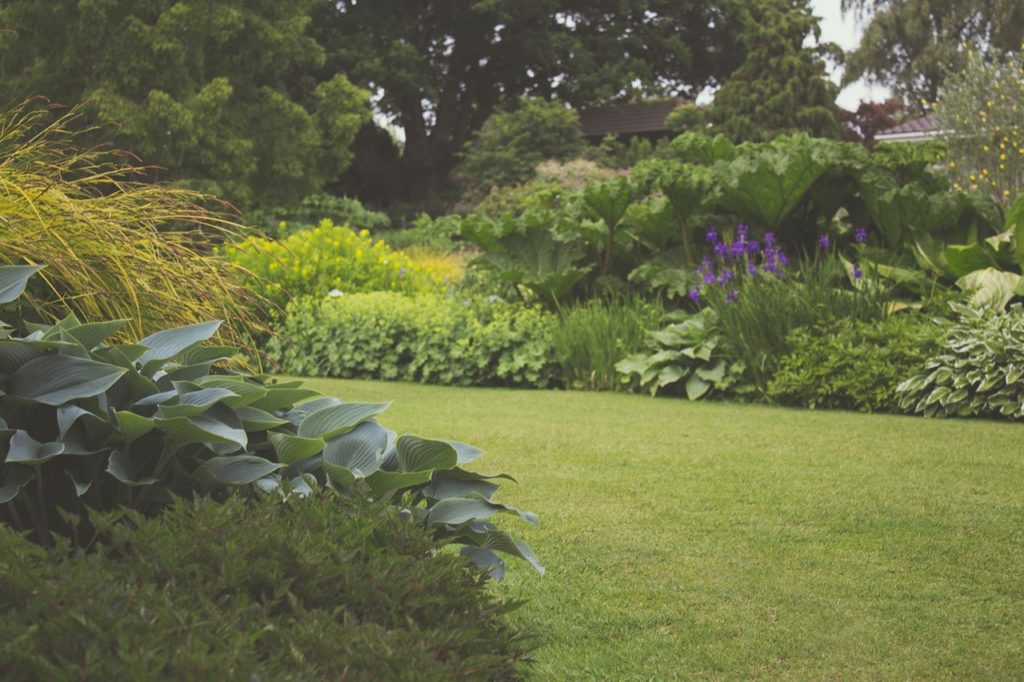Moving houses can be a great way to start a new life in a new home. What better way to transform your lifestyle for the better than embracing sustainability? You may have a limited budget to work on considering all the costs associated with moving houses. You may not even have the resources to construct a new home to ensure all materials are made from sustainable materials.
But there are still ways you can ensure that you get to embrace a sustainable life in your new home.
Get Rid of the Stuff You No Longer Need Before Moving
We often keep things we don’t essentially need. When packing your things, make sure to simplify your life in your new home by reducing the number of belongings you will be taking in the new house. This way, you have less clutter to worry about and less waste to dispose of after moving in.
You have the option to donate the things you no longer need. You can also use this opportunity to make some money by selling your old items online. If you are running out of time and can no longer clear your old home before the next tenant moves in, you can always hire house clearance services instead.
It may be a bit hard to let go of some of your belongings considering these can hold precious memories of your past. But there are ways you can keep the memories and still let go of some of your sentimental clutter. Here are some of them:
- Rent a self-storage unit
- Donate books to a local library
- Sell your collection to other collectors
- Digitize artworks and other memorabilia
- Create a holiday album containing all your favorite holiday cards
Shop and Pay With Sustainability in Mind
Before you even buy new stuff for your home, make sure to consider the wastes it will produce and how many resources are needed to make it work. For instance, you need new appliances for your new home. Choose appliances with the Energy Star label since these use less water and energy and allows you to enjoy better savings.
Buy in bulk as often as possible. Purchasing items you can store for longer periods of time allow you to enjoy bigger savings while reducing your waste. When shopping for bulk items, you can bring your own reusable containers and shopping bags and save time when arranging these in your pantry.
If you are buying materials for home improvement or maintenance projects, choose to source locally. This reduces the carbon emissions used to complete your projects. This also allows you to help local small businesses thrive.
You can also consider buying second-hand items that are still in good condition. The more you reuse, the fewer wastes are created and the lower the impact on the environment. This can include pre-owned clothes, hand-me-down furniture, stuff for your kids DIY project supplies, and building supplies.
Start A Backyard Garden
Growing your own produce is more than just a healthy hobby you can start back home. It is also a great way to ensure you have fresh-grown fruits and vegetables in your own backyard that are all organic and safe to eat. You can grow a variety of plants depending on your climate, save money on groceries, and improve your family’s health in the process.
A backyard garden is also a good way to increase your family’s awareness of nature. The kids can help with different gardening tasks appropriate to their age and learn how plants grow and how nature works. This can also be an excellent stress reliever for the whole family while helping the environment in your own way.

Make the Most Out of Your Leftovers
There will be times when your family will have leftovers. Instead of wasting food, why not start composting? Unknown to many is that adapting such a habit has numerous benefits aside from reducing landfill waste and helping create nutrient-rich soil for your garden.
The micronutrients in compost can help avert garden pests. This can be a good way to reduce your dependence on harmful pesticides for our garden. Now, you can naturally repel pests and ensure your family gets to enjoy chemical-free produce.
Composting is also essentially cheap. All you need is a receptacle where you can recycle your waste. No more throwing food waste into your trash can or down the garbage disposal which reduces your waste and lowers your energy usage.
Mind Your Diet
Choosing the kind of food you will serve to your family in your new home can also be a good way to observe sustainability. Aside from growing your own produce, you can also consider reducing your meat consumption. The lesser your meat consumption, the lesser your meat consumption, the healthier you will be, and the better the effects on the environment.
This can be the best opportunity to change your family’s diet. For best results, only buy local produce if you have to, and make sure to add diversity to your plate. As much as possible, reduce consumption of process and packaged food and look for sustainable sellers before buying.
Moving to a new home can be an exciting venture. Use this opportunity to lower your family’s impact on the environment. Always make it a point to reduce, reuse, and recycle and teach your family the importance of living a sustainable life.


